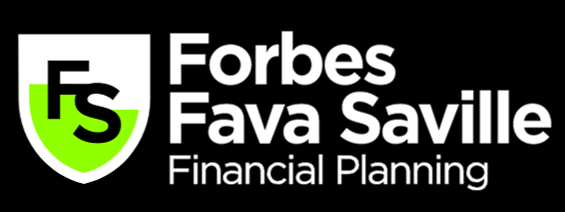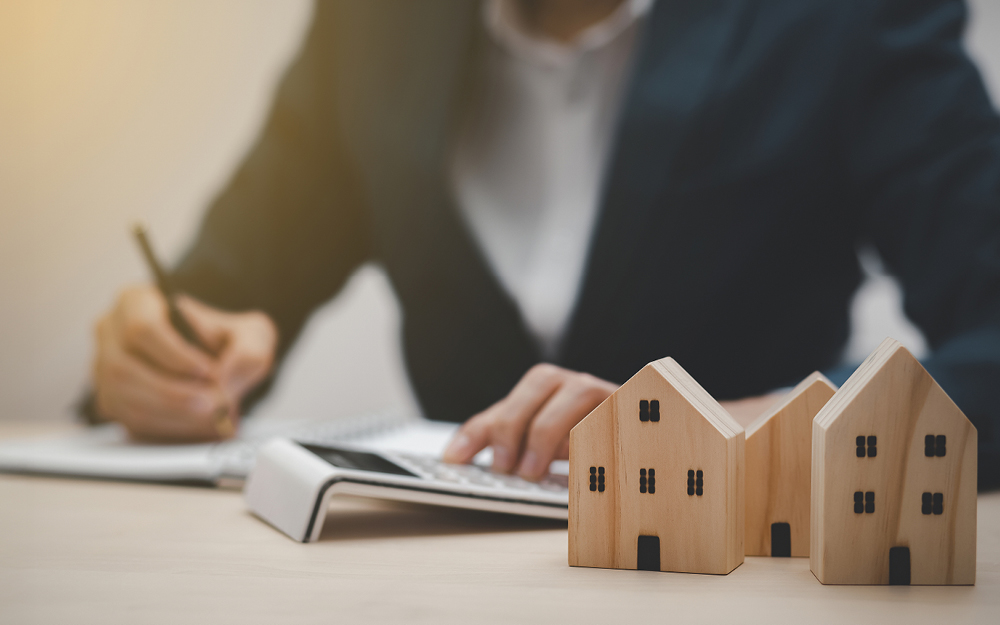
If you’ve lost your home or business after a natural disaster, you don’t have to go it alone. Follow these steps to start your recovery.
Important: Government help for natural disasters
Call Services Australia on 180 22 66 or visit serviceaustralia.gov.au/disaster.
Get help to make a recovery plan
Recovering from a natural disaster will take time. There are a lot of financial decisions to think about straight away, and over the months ahead.
There’s support to help you make a recovery plan and navigate financial decisions to get your life back on track.
See a financial counsellor
Financial counselling is free, independent and confidential. A financial counsellor can help you make a plan to manage your money and prioritise your bills and other payments. A financial counsellor can also talk to creditors on your behalf and negotiate affordable payment plans.
The earlier you get help, the more options you’ll have.
National Debt Helpline — 1800 007 007
The free National Debt Helpline is open from 9.30am to 4.30pm, Monday to Friday.
When you call, you’ll be transferred to the service in your state.
Mob Strong Debt Helpline – 1800 808 488
Mob Strong Debt Helpline is a free service about money matters for Aboriginal and Torres Strait Islander peoples from anywhere in Australia.
The Helpline is open from 9.30am to 4.30pm, Monday to Friday.
Help for small businesses and farmers
Small Business Debt Helpline – 1800 413 828
If you’re a small business owner whose business has been affected by a natural disaster, contact a specialist small business financial counsellor.
The Helpline is open from 9.00am to 5.30pm, Monday to Friday.
Rural Financial Counselling Information Line – 1300 771 741
If you’re a farmer or a grower, a rural financial counsellor can help you plan for recovery, negotiate with creditors and access professional services.
Settle your insurance claim
Your insurer may offer to:
-
handle repair or replacement of your home or business, or
-
offer cash to settle your claim
Cash settlements mean you have to manage the repair or rebuild process yourself, and you might be left out of pocket. Take the time to consider the best option for you.
The National Debt Helpline and the Insurance Law Service can explain what to expect during the claims process.
If you settle your claim within a month of the event, you have up to a year to get it reassessed if you’re not happy. See the Insurance Code of Practice for more information.
Rebuilding after a natural disaster
Check with your insurer before making any repairs to your property. Your insurer may need to authorise repairs and tradespeople before they happen.
Government clean-up programs
Find out what services you can get for free, before paying for things. The cost of clean up may be covered by your state or territory government.
Watch out for fake tradespeople or repairers
Be careful of anyone who’s door knocking, calling you out of the blue, or leaving leaflets in your letterbox.
Watch out for anyone offering a today-only deal or saying they can get repairs done quicker or much cheaper than legitimate companies.
Don’t be rushed into a decision and don’t pay cash up front. Take the time you need to make good decisions you won’t regret.
If you encounter a scammer, fake tradesperson or repairer, report it to the Australian Competition and Consumer Commission (ACCC).
Get help if you run into problems
If you’re not satisfied with the insurance claims process or decision, dispute it with your insurer.
If you can’t reach an agreement, contact the Australian Financial Complaints Authority (AFCA) on 1800 337 444 to make a complaint and get free, independent dispute resolution.
For free legal advice and support, contact:
-
Insurance Law Service 1300 663 464
-
WA — Legal Aid 1300 650 579
-
NSW — Disaster Response Legal Service 1800 801 529
-
Victoria — Disaster Legal Help 1800 113 432
-
Queensland— Natural Disaster Legal Help 1300 527 700
-
SA – Legal Services Commission 1300 366 424
-
Tasmania – Legal Aid Commission 1300 366 611
-
ACT- Legal Aid Helpline 1300 654 314
-
Northern Territory – Legal Aid Commission 1800 019 343
Source:
Reproduced with the permission of ASIC’s MoneySmart Team. This article was originally published at https://moneysmart.gov.au/dealing-with-natural-disasters/recovering-from-a-natural-disaster
Important note: This provides general information and hasn’t taken your circumstances into account. It’s important to consider your particular circumstances before deciding what’s right for you. Although the information is from sources considered reliable, we do not guarantee that it is accurate or complete. You should not rely upon it and should seek qualified advice before making any investment decision. Except where liability under any statute cannot be excluded, we do not accept any liability (whether under contract, tort or otherwise) for any resulting loss or damage of the reader or any other person. Past performance is not a reliable guide to future returns.
Important
Any information provided by the author detailed above is separate and external to our business and our Licensee. Neither our business nor our Licensee takes any responsibility for any action or any service provided by the author. Any links have been provided with permission for information purposes only and will take you to external websites, which are not connected to our company in any way. Note: Our company does not endorse and is not responsible for the accuracy of the contents/information contained within the linked site(s) accessible from this page.


